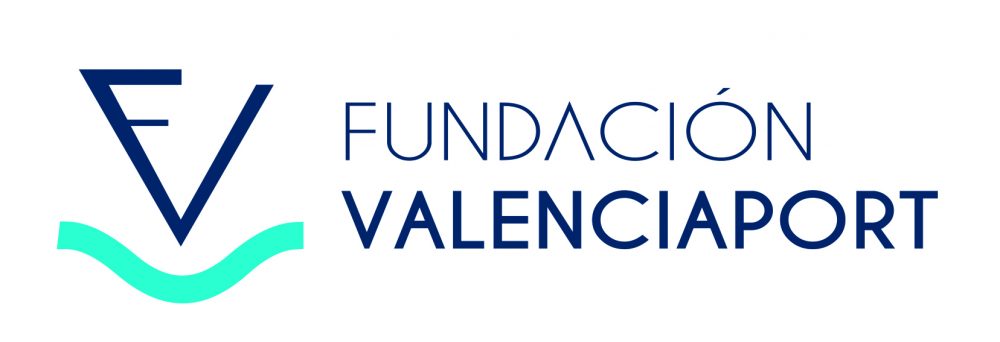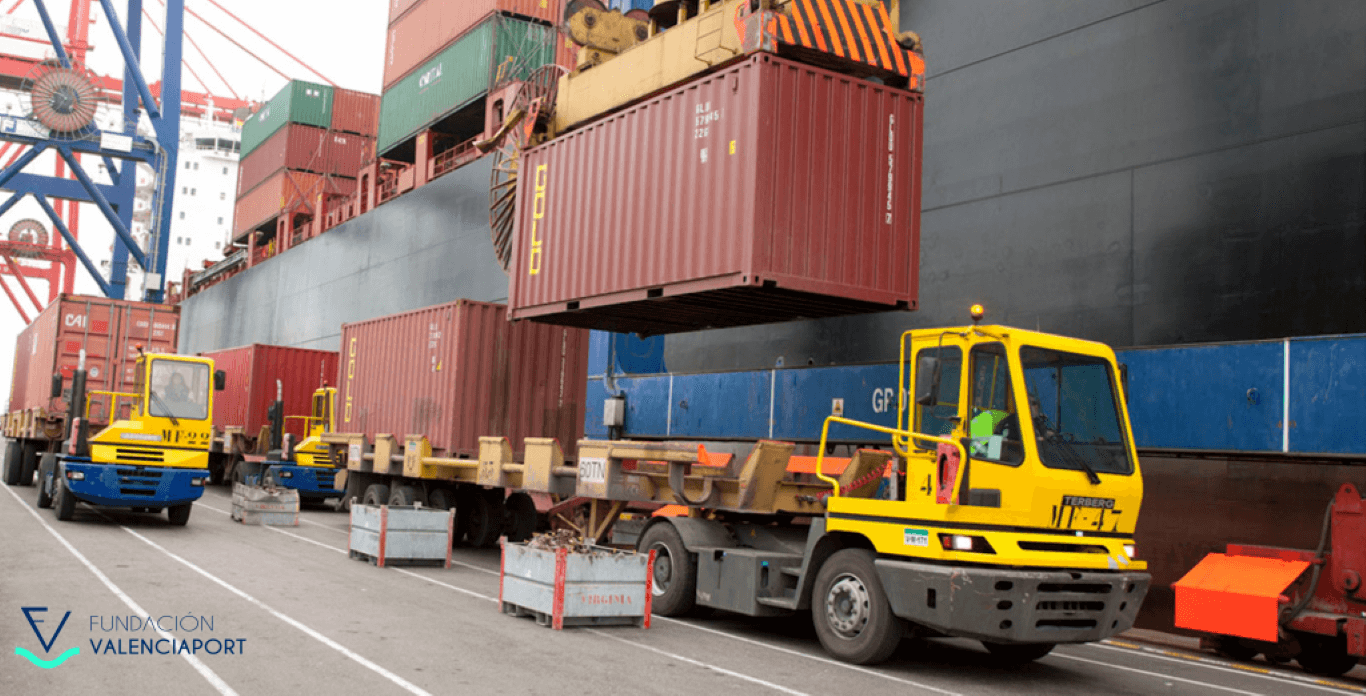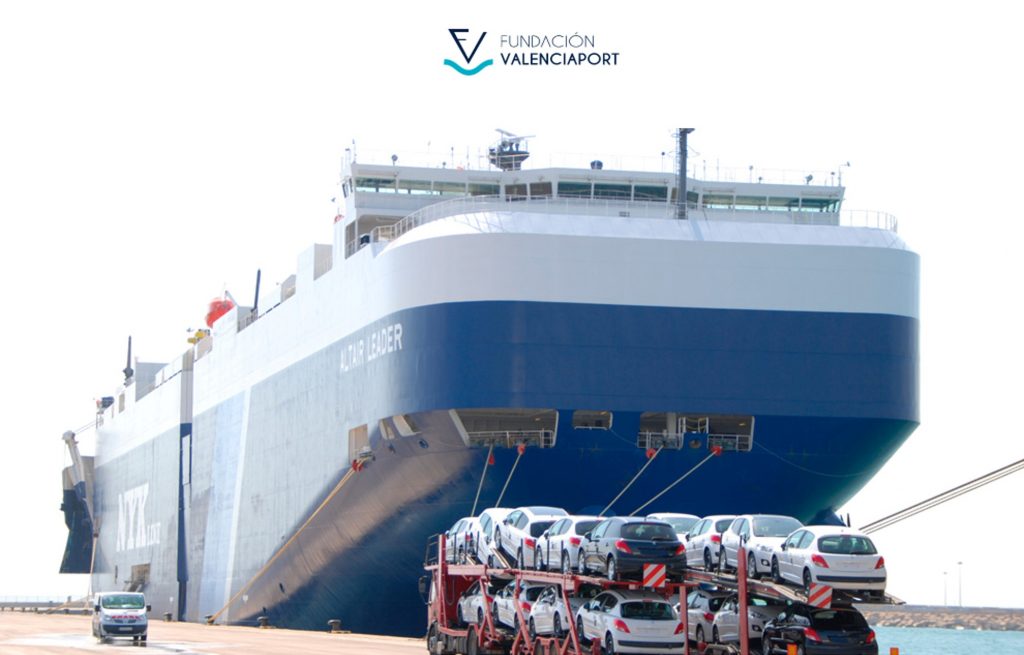CYRENE Pilot 1 - The Port Trial Case
The Pilot Provider

Fundación Valenciaport is a private non-profit research center focused on R&D&I in the field of ICT, maritime and intermodal transport, logistics, and transport economics.
Fundación Valenciaport has a close relationship with most of the companies involved in the Vehicle Transport Service (VTS) and collaborates with them on different projects.
The processes and services in the SCS (Supply Chain Service) rely upon an interconnected framework of ICT infrastructures and cyber networks to leverage the flows of products, services, and information from a source to a customer. Therefore, it is needed to monitor and assess the cyber-security not only in your company but in all your business partners through a Conformity Assessment (CA).
The main challenge of using a tool like the one proposed by CYRENE is that all the companies in the SCS should participate to guarantee security in the chain. However not always these companies are willing to share security information about their infrastructure.
Cyrene provides a set of tools to assess our own infrastructure at different levels and in combination with the companies with whom we collaborate.
Why Use CYRENE?
The Use Case Scenario
Vehicles Transport SC Service is a complex system that can be divided into a number of processes that involve several operations and companies (purchasing, manufacturing, stevedoring, loading, unloading, storage, transportation, inspection, pre-arrival notifications, documentation management, etc.) It includes several interactions and tasks among the multiple entities engaged having different goals and requirements entailing vehicles manufacturing and storage, vehicles distribution, and the final delivery to the importer.
During the VTS port stage, the various companies involved must exchange information and data with each other. For example, in the pre-arrival phase, there are two processes in which these companies use the Port Community System (PCS) to exchange information: a) the stopover request and b) the loading and unloading list.
Through the process of the stopover request, the Shipping Line or its Shipping Agent requests mooring from the Port Authority and the Naval Master. Customs need this information for the customs clearance of goods, while the Port Authority and the Terminal Operators request the same information to manage their resources.
The loading and unloading list is a document that contains all ships loading and unloading containers, cars, or cargo. The Terminal Operator needs this information to manage all the resources available effectively.

In both processes, apart from assessing the security of the service provider, we must also assess the assets of the various business partners to avoid any security breaches.
KEY FACTS
Project Coordinator: Sofoklis Efremidis
Institution: Maggioli SPA
Email: info{at}cyrene.eu
Start: 1-10-2020
Duration: 36 months
Participating organisations: 14
Number of countries: 10
FUNDING
 This project has received funding from the European Union’s Horizon 2020 Research and Innovation program under grant agreement No 952690. The website reflects only the view of the author(s) and the Commission is not responsible for any use that may be made of the information it contains.
This project has received funding from the European Union’s Horizon 2020 Research and Innovation program under grant agreement No 952690. The website reflects only the view of the author(s) and the Commission is not responsible for any use that may be made of the information it contains.

